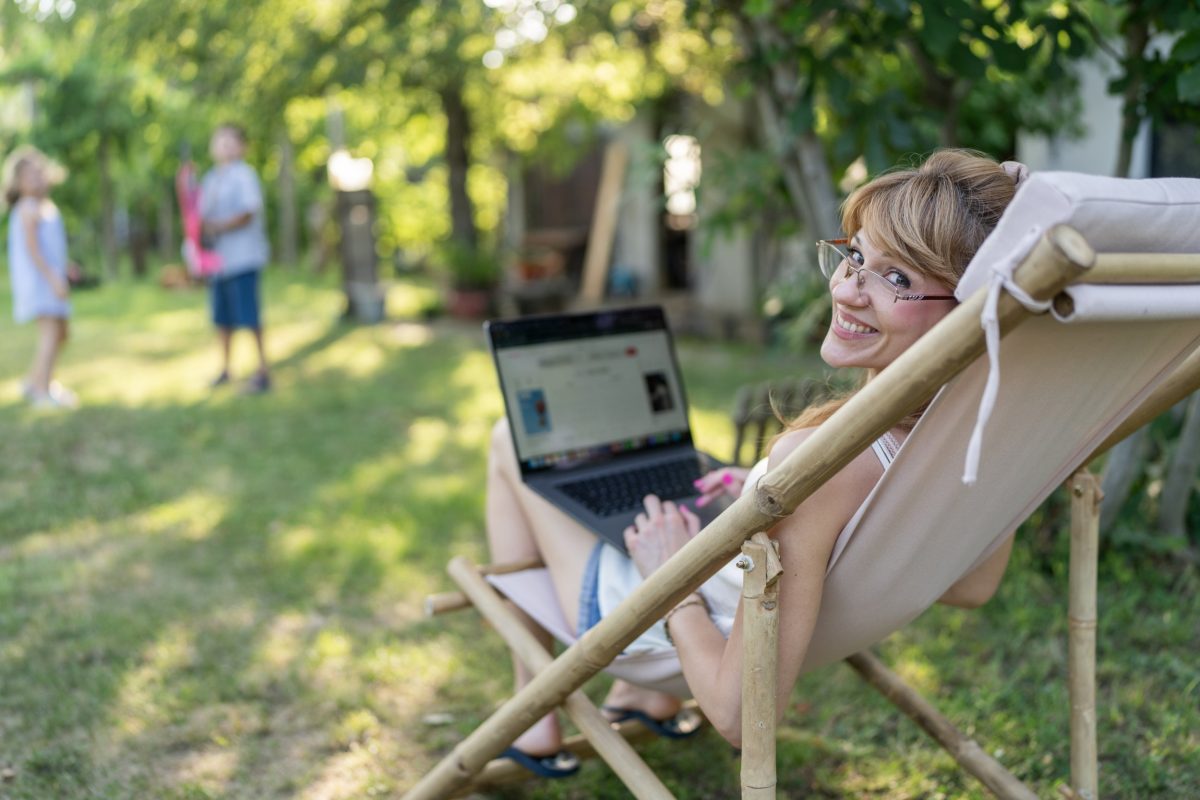Preparing for the Summer: A Parent’s Guide to Navigating the Holidays
The summer holidays are often seen as a time of freedom and fun, but for parents, they can also be a period of stress and uncertainty. With no school to keep children occupied and structured, it’s easy to feel overwhelmed by the responsibility of keeping your kids entertained, fed, and engaged without causing chaos at home.
To help manage this challenging time, it’s essential to plan ahead and set clear boundaries. Here are some practical tips to make the most of the summer while maintaining peace and order in your household.
Impose Tech Boundaries
Screen time is a common source of conflict during the summer. Too much time spent on devices can lead to irritability, poor sleep, and a lack of engagement with other activities. According to Noël Janis-Norton, a learning and behaviour specialist, it’s crucial to establish clear rules around screen use.
Start by discussing with your partner to create consistent guidelines. Then, sit down with each child to explain the rules. Allow them to express their concerns, but don’t engage in arguments. Instead, focus on listening and reinforcing the idea that screen time is a reward for completing tasks such as tidying up, feeding pets, spending time outdoors, and doing some academic work.
Designate Chores
Mealtimes can become a battleground if left unchecked. To avoid relying on convenience foods like Pot Noodles, involve your children in meal preparation. Encourage them to chop vegetables, prepare snacks, or even go to the store for ingredients. This not only teaches them valuable life skills but also helps them appreciate the effort involved in cooking.
Assigning chores can also reduce tension between siblings. Hannah Love, a paediatric nurse and parenting expert, suggests setting up a system where children earn choices based on how quickly they complete their tasks. For example, the first to finish gets the best option, while the last gets the least. This encourages teamwork and accountability.
Implement Routines
Even during the holidays, children benefit from structure. Establishing consistent routines helps them feel secure and reduces the likelihood of behavioral issues. Younger children should have bedtimes that are no more than half an hour later than usual, while teenagers can stay up an hour later, provided they aren’t using screens before bed.
A useful routine is to turn off the WiFi two hours before bedtime. Use this time for quiet activities and one-on-one interaction with each child. Knowing they’ll have your attention can significantly reduce misbehavior.
Create a Weekly Timetable
One of the biggest challenges of the summer is the lack of structure. To combat this, start by having a family meeting to discuss what everyone would like to do. Create a simple schedule that includes daily activities and weekly plans. This helps children feel more settled and prepared for what’s coming next.
Remember, it’s okay for kids to experience boredom. It can be a valuable opportunity for creativity and self-discovery.
Work from the Office if Possible
If you have the option to work from the office, take advantage of it. Working from home during the summer can be extremely difficult with children around. If you’re self-employed, adjust your expectations and consider taking time off. If you work for a company, remember that you may be entitled to unpaid leave for up to four weeks per year until your child turns 18.
Reduce Sibling Rivalry
Sibling conflicts are common during the summer. Instead of playing the role of judge and jury, focus on helping them find solutions themselves. Oona Alexander, a parenting specialist, suggests empathizing with both sides and encouraging them to move past the conflict.
Another strategy is the “Odds and Evens” method, where each child is assigned specific days to make decisions. This can help reduce competition and promote fairness. Praise positive behavior whenever possible, whether it’s playing together without arguing or being kind when a sibling makes a mistake.
Keep Kids Learning
Learning doesn’t have to stop during the summer. Encourage your children to keep their skills sharp by keeping a holiday diary, writing stories, or sending postcards. You can also incorporate math and money skills by having them calculate change or measure ingredients for meals.
Starting a project based on their interests, such as dinosaurs or football, can also keep them engaged. Spending just 30 minutes a day on such activities helps maintain their academic progress and curiosity.







